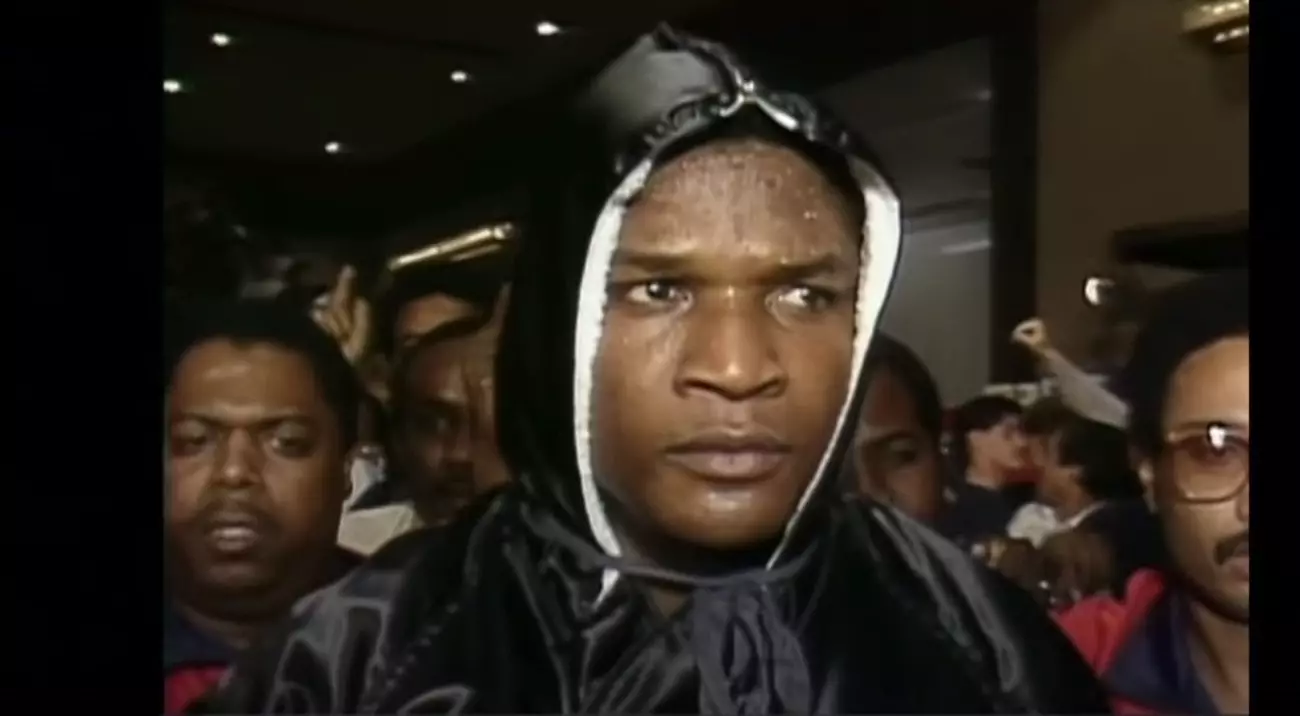Mike Tyson, a name synonymous with ferocity in the boxing ring, has etched his legacy into the annals of sports history. Fans often reminisce about specific bouts that defined his career, and perhaps none more so than his explosive victory over Trevor Berbick. On that fateful day, 38 years prior, Tyson’s meteoric rise culminated in a performance that shocked not only the boxing world but also reconfigured the standards for excellence within the heavyweight division. As Tyson navigates through various peaks and troughs, his capacity to electrify audiences remains an innate part of his character—a source of inspiration for many fans, even in moments of disappointment, such as his recent bout with Jake Paul.
On November 22, 1986, Mike Tyson stepped into the ring as a mere 20-year-old, yet with the kind of moxie and determination that suggested he was far beyond his years. Facing Trevor Berbick, Tyson’s performance was nothing less than daunting—turning the experienced heavyweight into what seemed like a fragile puppet. Within moments, Tyson unleashed his arsenal, showcasing unbridled strength and precision. Berbick’s falls were not mere accidents; they illustrated a fighter disarmed and confused by Tyson’s relentless onslaught. Each strike by Tyson was laden with intent, culminating in a left hook so devastating that Berbick fell multiple times—each time appearing increasingly bewildered and glassy-eyed.
Tyson’s post-fight comments to Jim Jacobs revealed another layer of his journey, offering an ode to his late mentor Cus D’Amato—someone who would no doubt have reveled in such a striking display of power. The complexity of Tyson’s character, coupled with his formidable skills, paints a picture of a young man wrestling with the expectations of greatness.
While many expected Tyson’s trajectory to be marked by lengthy reigns of dominance, history depicted a different storyline. Following the unforgettable night against Berbick, Tyson continued to dismantle opponents with alarming speed and precision. Victories over Michael Spinks and James Smith only further solidified the consensus that he was virtually invincible. But beneath the surface of this prodigious talent, cracks began to appear—indicative of a deeper struggle within.
Despite Tyson’s overwhelming success, the boxing community kept a watchful eye on the dynamics of the heavyweight division. Critics often noted that Tyson’s opponents were not just there to win; they were often merely prolonging the inevitable—delaying the inevitable knockout. A growing sense of boredom settled in, especially after the swift dismantling of Spinks in merely 91 seconds. Tyson’s career took an unexpected turn during an eight-month hiatus, a period as much reflective as it was necessary for rejuvenation.
The boxing world in February 1990 was unprepared for what unfolded when Buster Douglas, an underdog by all standards, stepped into the ring. The mediocre buildup and Tyson’s apparent sense of invulnerability led many to dismiss Douglas as a credible threat. However, in a shocking turn of events, Tyson succumbed to a remarkable knockout. The impact of this loss resonated far beyond that match; it served as a cautionary tale of how fleeting greatness can be when one becomes complacent.
Interestingly, Douglas’s victory didn’t just redefine Tyson’s legacy but also depicted the tumultuous nature of boxing itself—where might does not always guarantee triumph. As Tyson continued to grapple with the repercussions of this significant defeat, he became emblematic of the phrase “what goes up must come down.”
Fast forward to today, where nostalgia often reignites discussions surrounding Tyson’s knockout of Berbick. Fans still view this match as a high point in heavyweight boxing—an exemplary demonstration of raw power matched with technique. Tyson has become a paradoxical figure; he evokes admiration and a sense of tragedy. His journey—from a whirlwind rise to sudden falls—reflects the complexities of human ambition and the often unforgiving nature of fame.
In closing, while Mike Tyson’s boxing career may have oscillated between spectacular highs and disheartening lows, one could argue that his legacy is immortalized in moments of unrestrained greatness. The thrill of his bouts continues to resonate, serving as a timeless reminder of the sheer excitement that characterizes the sport of boxing.


Leave a Reply